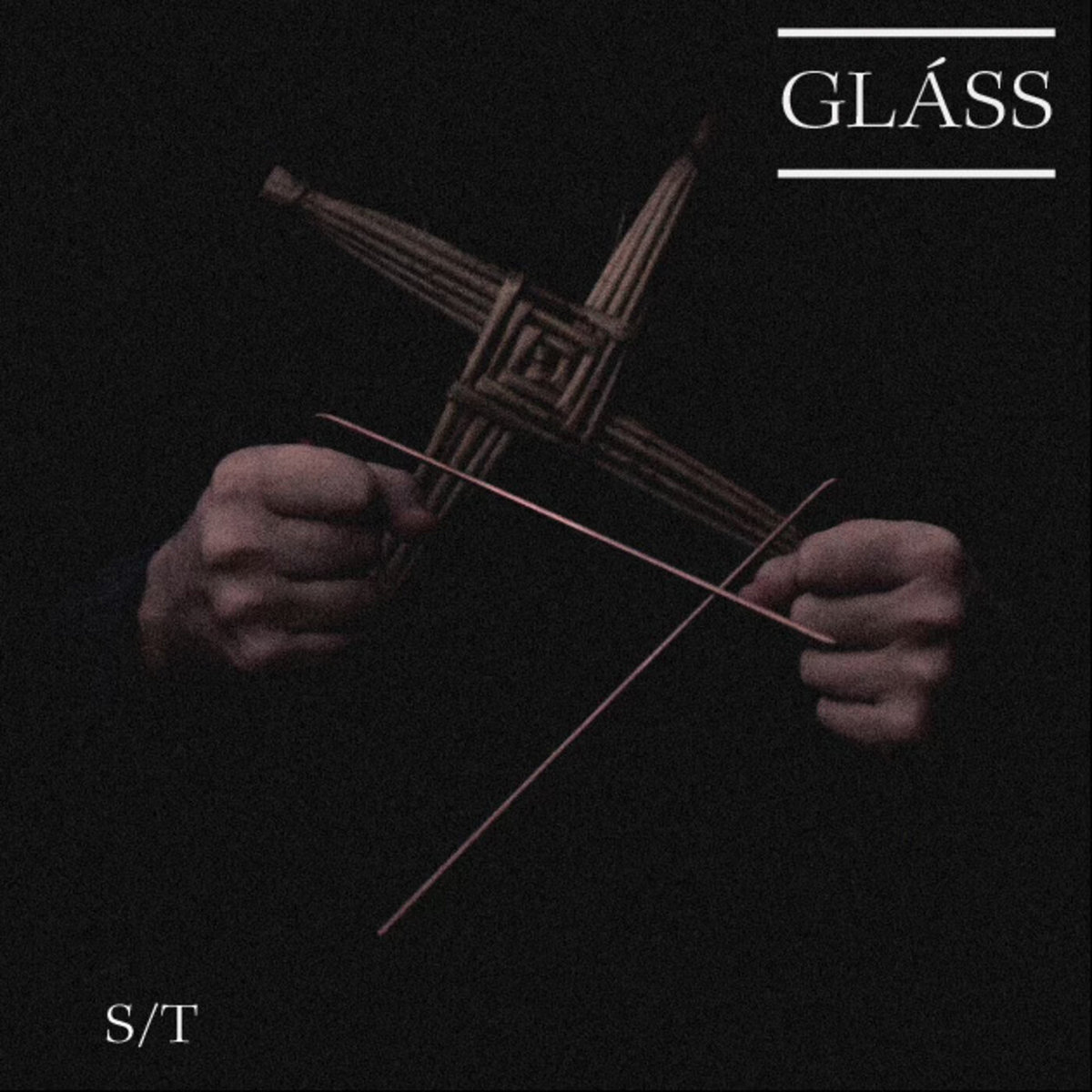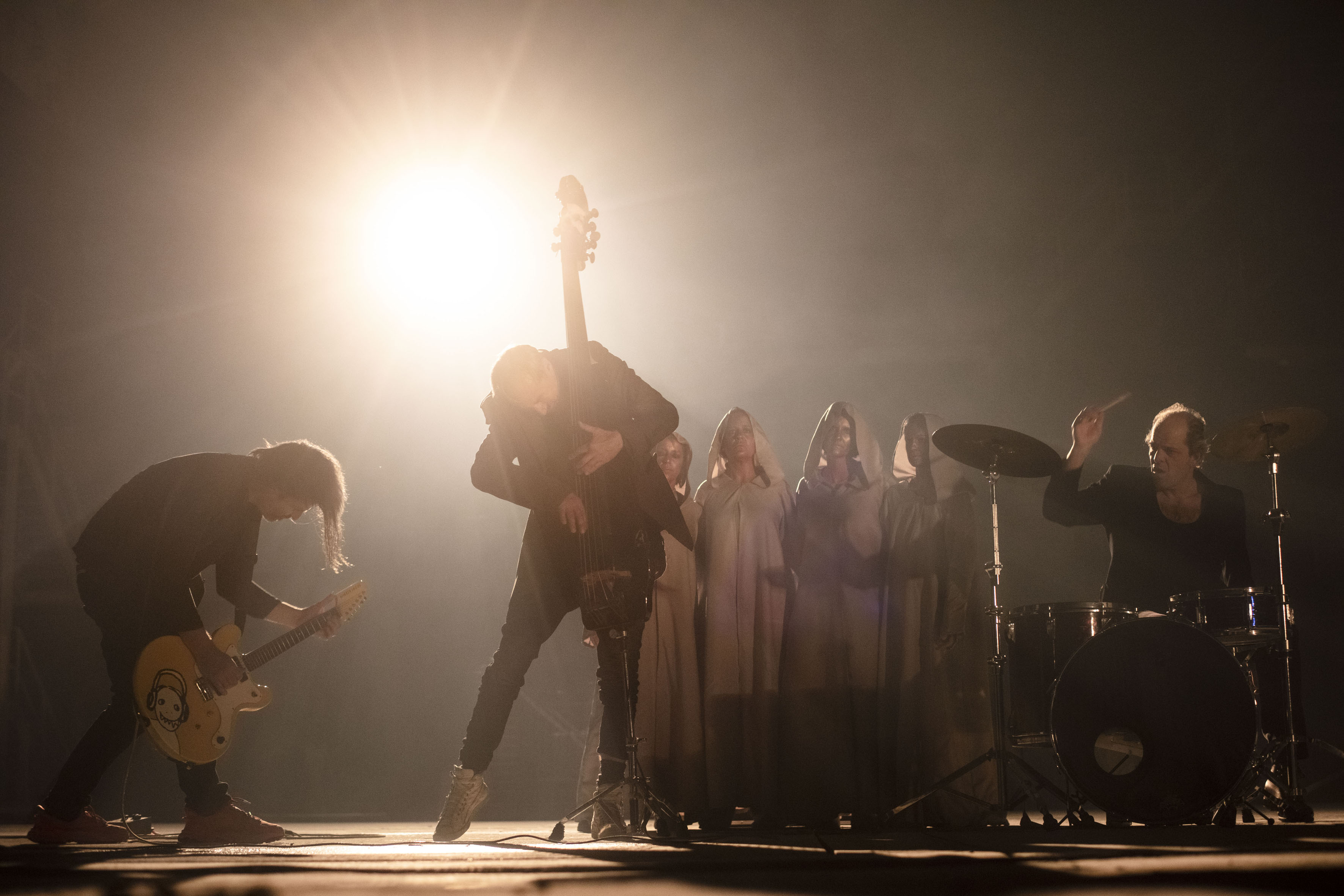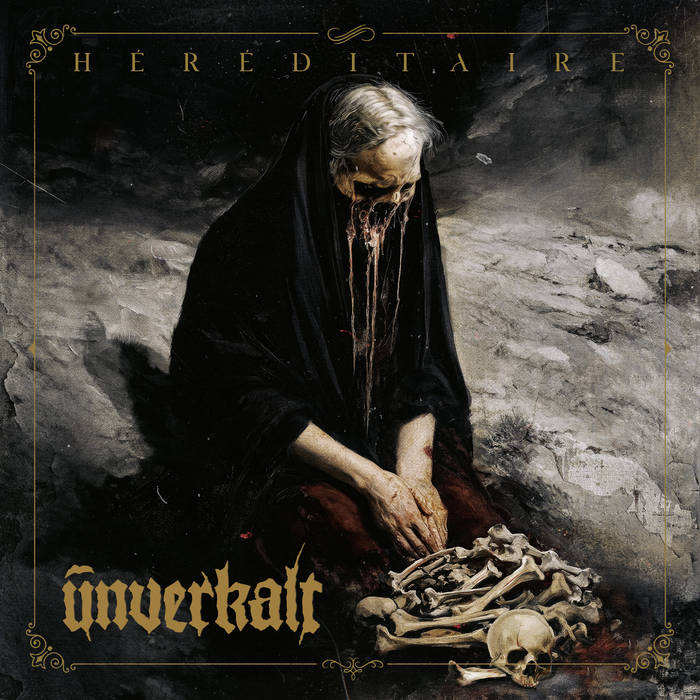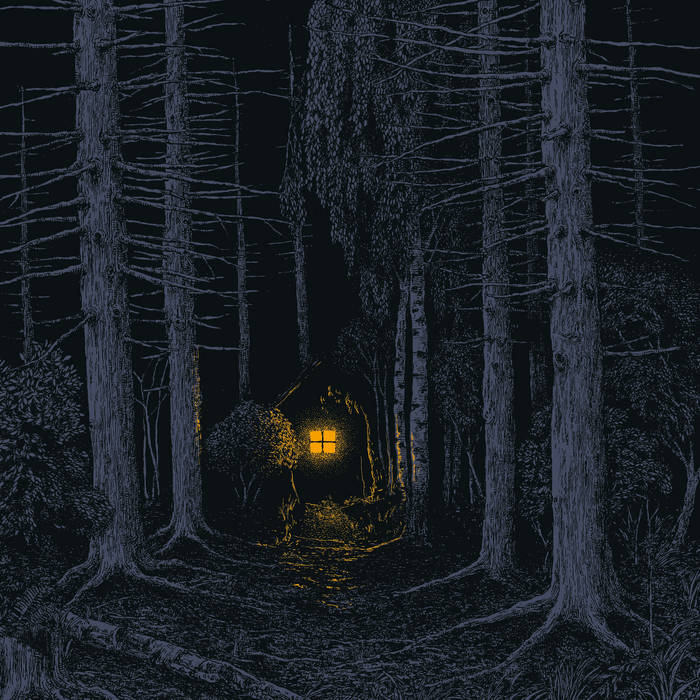An idea born several years ago has finally found his way out. Streghe is a concept album, written and produced by Fabio Meini on music by Josephine Lunghi. Eight songs about women forced to sell their bodies, migrant women, young mothers, trans people, abortion rights, raped women, gender equality, new and old witches.
Sometimes we think about how difficult it is to make music about sensitive topics; Fabio Meini made a choice that not many people would have made: he produced a concept album where all the songs are about women that are ignored most of the time.
Fabio is an Italian author, poet and writer from Pisa. He’s known in the music scene also for his collaboration with Gatti Mézzi for the track “Cacciucco Blues”, a hilarious description of the local rivalry between the cities of Pisa and Livorno, and his eclectic and amazing DJ sets where he pulls out hidden gems from his vinyl bags.
Streghe (Italian for Witches) is a journey through the lives of eight different women, sung by eight different female voices accompanied by amazing musicians from the city of Pisa and from different parts of Italy. The lyrics of the album are all written by Fabio Meini, while the music is written by Josephine Lunghi (except for the track “Sponde”, written by Fabio Meini). Just like the lyrics follow a common thread, the music also follows a line that refers to 70’s Prog music and soundtracks, of which Fabio is a great connoisseur.
The album starts with “Danza delle Streghe” (Witches’ Dance), a track that talks about how even today women are considered guilty when they suffer acts of violence from men. The lyrics sung by Aurora Pacchi (Madaus) are like witches sabbath, an ode from a group of women who bond together to defend themselves. In this track Fabio is joined by his band (Davide Tognocchi on bass, Elia Petrosino on the drums and Fausto Caricato playing the keyboards) and by Marina Mulopulos for the choirs.
The second track “Sponde” (Shores) tells the travel on the sea of a migrant woman. The guitar arpeggio that introduces the song has you imagine the waves on the sea, where the woman is clinging to a piece of wood. Marina Mulopulos (Almamegretta, Malfunk) is the perfect voice to interpret the story of this person that has left her home alone, risking her life to find the longed-for shore. Shortly after the middle of the song, the struggling solo of Dome La Muerte gets in as a glimmer of hope and bring us to the last refrain and to the end of the travel.
“Carne” (Flesh) is the third track of the album. This time we’re welcomed by a sweet guitar line played by Riccardo Rocchi (Frizzi2Fulci) and the voice of Serena Altavilla (Solki, Calibro 35, Mariposa). “Carne” is a soft acoustic song, where Serena interprets the feelings of a woman forced to sell her body; for her every day is the same, considered nothing but an object for rent, dreaming of a future away but brutally awakened by the reality.
While “Sul mio corpo” (On my body) is another point of view of a woman as “guilty” of acts she suffered herself and sung by Rita “Lilith” Oberti (Not Moving, Lilith And The Sinnersaints) the track that comes after is “Mimì e la bambola” (Mimì and the doll); the lyrics tell the story of a young girl raped by a men, referred to as the scariest entity for the children in Italy: “l’uomo nero” (the boogeyman). Even if you don’t speak Italian, thanks to the music and how Elisa Montaldo performs you can understand what she’s talking about throughout the song.
Now is the time for a love song. “Due volte madre” (Twice mother) is a conversation of a young mother with her child. Alice Motta plays the keyboards and sings this ode of a single young mother left alone. The words of hope and encouragement sung to her child are also words that she tells to herself, left alone with a child and all her life ahead of her.
When we arrive at “Olimpia” we’re welcomed by a funky bass and an engaging drum rhythm. The track length is only 90 seconds, but in that short time Alessandra Falca (Volontré) tries to let us know the feelings of a transgender woman, that walks down the street and hears people’s comments, some laughing and some praying.
At the end of the album we find the most theatrical song; “Lady Frankestein” is based on the famous novel Frankenstein; or The Modern Prometeus written in 1818 by Mary Shelley. As the song tells, “a book without an author”, the first edition of the novel being published anonimously; only with the second edition the book appereared with the name of Mary Shelley on its cover. This time we’re accompained by the voice of Martina Vivaldi (Merry Go Round), interpreting Mary Shelley who talks with the doctor. But the change of the songs arrives when a deep voice starts to talk as the doctor; the voice is Irish actor David Brandon’s, part of The Lindsay Kemp Company and is known to the public to have worked in Deliria by Michele Soavi, Caligola by Joe D’Amato and Le Foto di Gioia by Lamberto Bava.
This huge work was on Fabio’s mind since before 2019, but it was only put into production in 2023 and finally released in December 2024. If we only look at the musicians, the album counts 19 participants and many well-known faces in the Italian musical and artistic scene, like Gloria Pizzilli that gaved her work La messa nera nuda (The naked black mass) for the cover art. The music was recorded by Alessandro “Ovi” Sportelli at his studio in Cascina (Pisa), through which many bands of national importance have passed such as Prozac+, Baustelle, Negazione, Diaframma and many many more.
Streghe, in just eight tracks, tells in a different way some of the problems that women have to face, and maybe music is one of the best way to let people understand that still in 2024, women and men aren’t treated equally.











